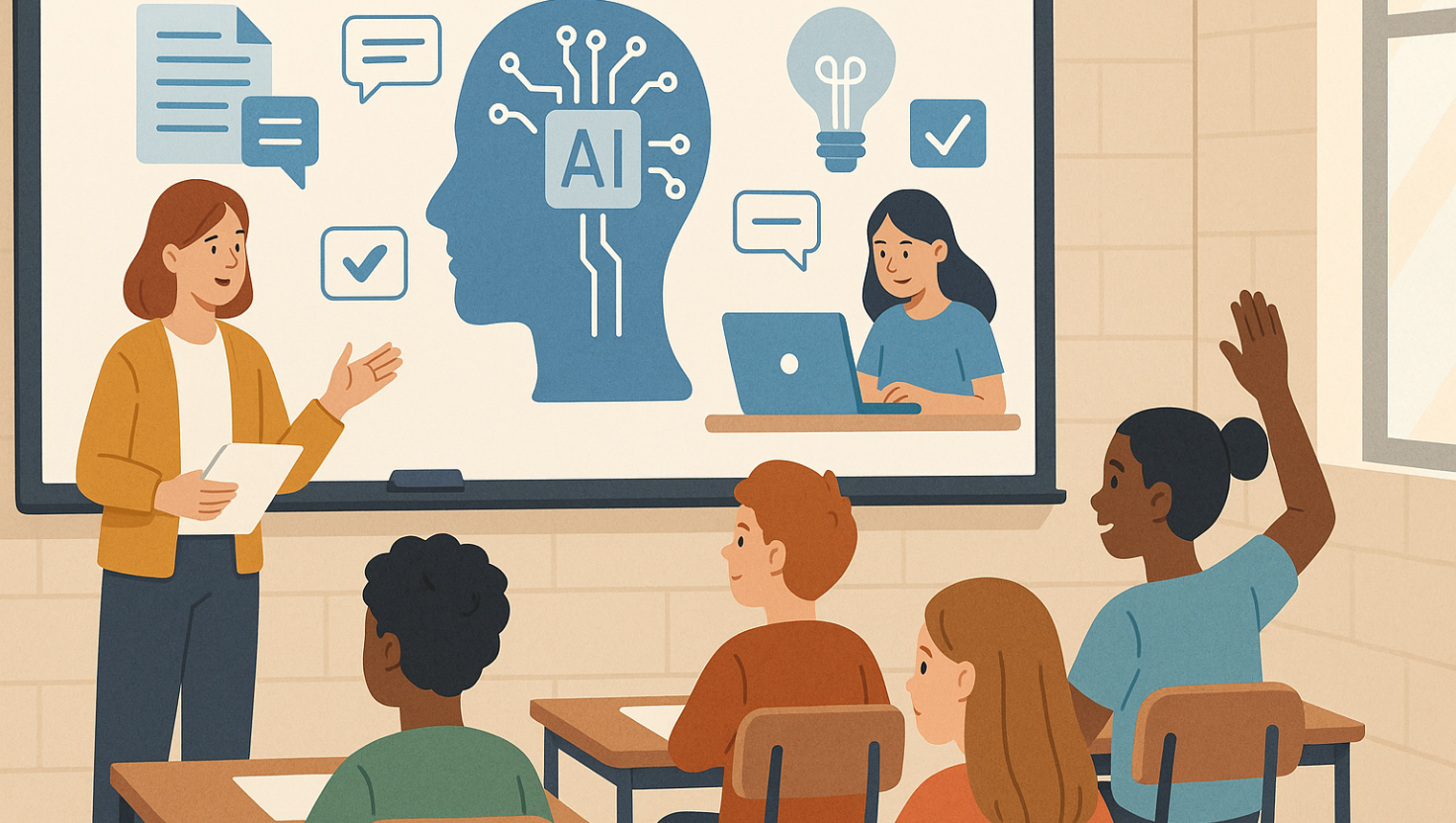How Artificially Intelligent Feedback Enhances Student Writing and Projects
Technology is changing the manner in which students learn, create, and enhance within classrooms today. One of the most thrilling recent developments here involves applying AI-fueled feedback software to enable students to gain writing skills and edit projects. From essay outlines to multimedia displays, AI is becoming a popular virtual mentor to students of any age.
Why Feedback Is Important to Learning
Feedback has never been more critical to learning. Positive, timely feedback tells students what they're doing right and where they need to get better. Historically, that has been provided by teachers — but with smaller class sizes and less time available, it's frequently impossible for teachers to provide detailed, individualized feedback to each student.
Step in AI.
How AI-Powered Feedback Works
AI feedback systems rely on natural language processing (NLP) and machine learning to analyze student assignments in the form of written assignment, presentation outline, or research paper. They can assess:
Grammar and spellings
Clarity and consistency
Organization and readability
Plagiarism detection
Readability and tone
Idea development and argument strength
Real-time, actionable feedback is given to the student by the AI supporting them in editing their work prior to submission.
Let’s Deconstruct How This Technology Benefits Students Meaningfully:
1️⃣ Instant, Personalized Feedback
No waiting days for students to receive feedback on their work. AI systems can provide instant personalized feedback within seconds so that students can fix errors and revisit ideas instantaneously.
2️⃣ Independent Learning Facilitated
With the assistance of AI, students are in control of their own development. They can edit drafts, experiment with new forms of writing, and monitor their progress without always requiring a teacher's intervention.
3️⃣ Minimizes Teacher Workload
AI software doesn't replace teachers but helps them. By leaving the tedious, repetitive feedback tasks (such as grammar checking and formatting errors), teachers have more time to spend on higher-level guidance and creative discussions.
4️⃣ Promotes Growth Mindset
Students who are given constructive feedback rather than a mark are likely to view errors as chances to learn and not failure.
Example in Real-Life
Suppose that a student, Priya, is writing an essay on climate change. She submits her draft to an AI feedback tool. In a matter of seconds, it highlights clumsy sentences, recommends smoother transitions, identifies excessive passive voice, and offers recommendations for enhancing her conclusion. Priya edits and submits a stronger, clearer, and more compelling essay — all before her teacher lays eyes on it.
The Future of AI in Education
With progress in AI technology, these systems of feedback will become more intelligent and intuitive. Next-generation programs might assist students in speaking skills in public by monitoring tone of voice and body language through video submissions or assist with group work by monitoring contribution levels and providing teamwork tips.
Final Thoughts
AI-driven feedback isn't about replacing educators — it's about enhancing the learning experience for students. Providing instant, customized, and constructive feedback, AI software assists learners in becoming improved writers, more critically thinking scholars, and more assertive communicators. In an era where digital literacy is essential, such technology is assisting in the development of a new generation of self-motivated, empowered learners.
